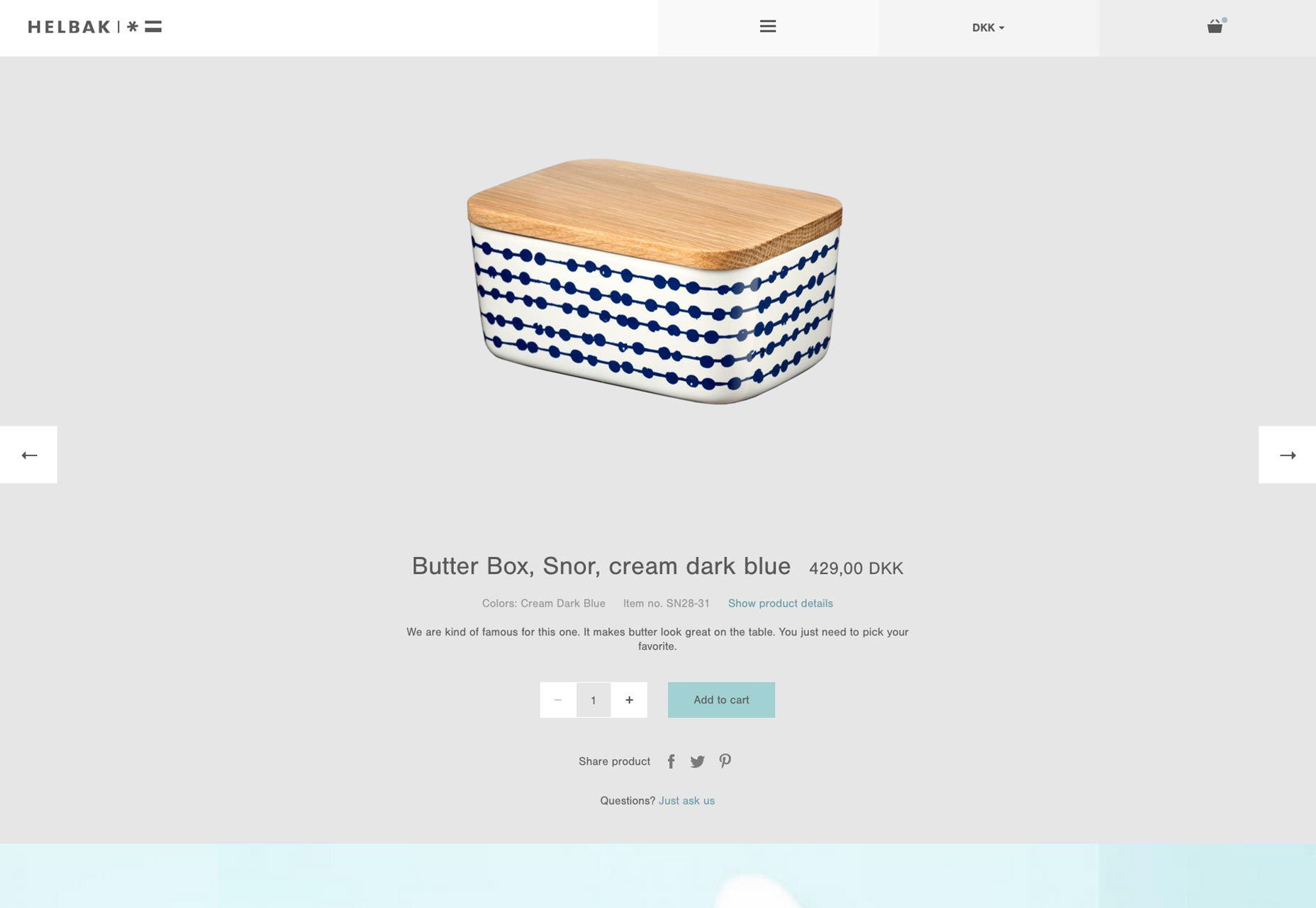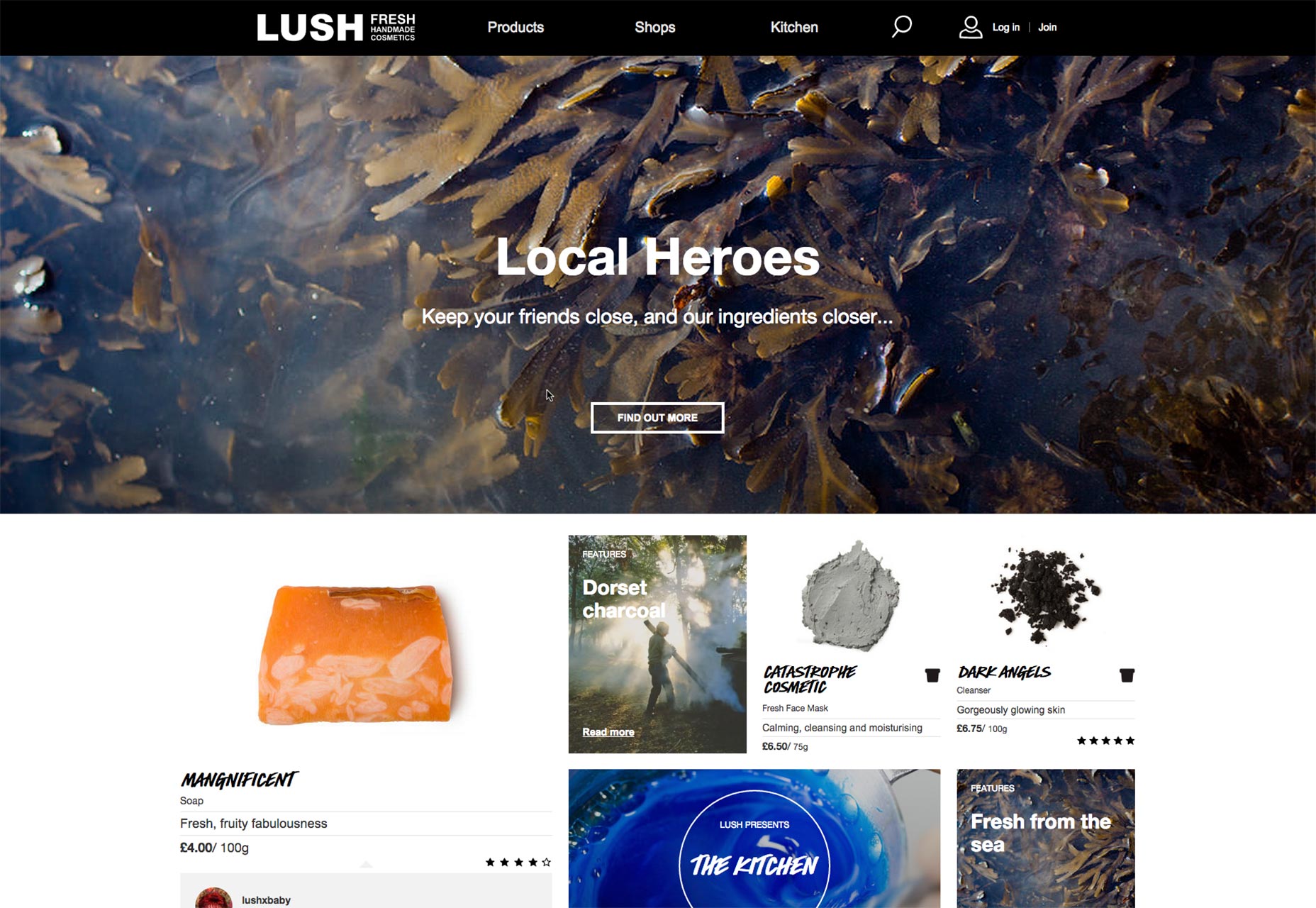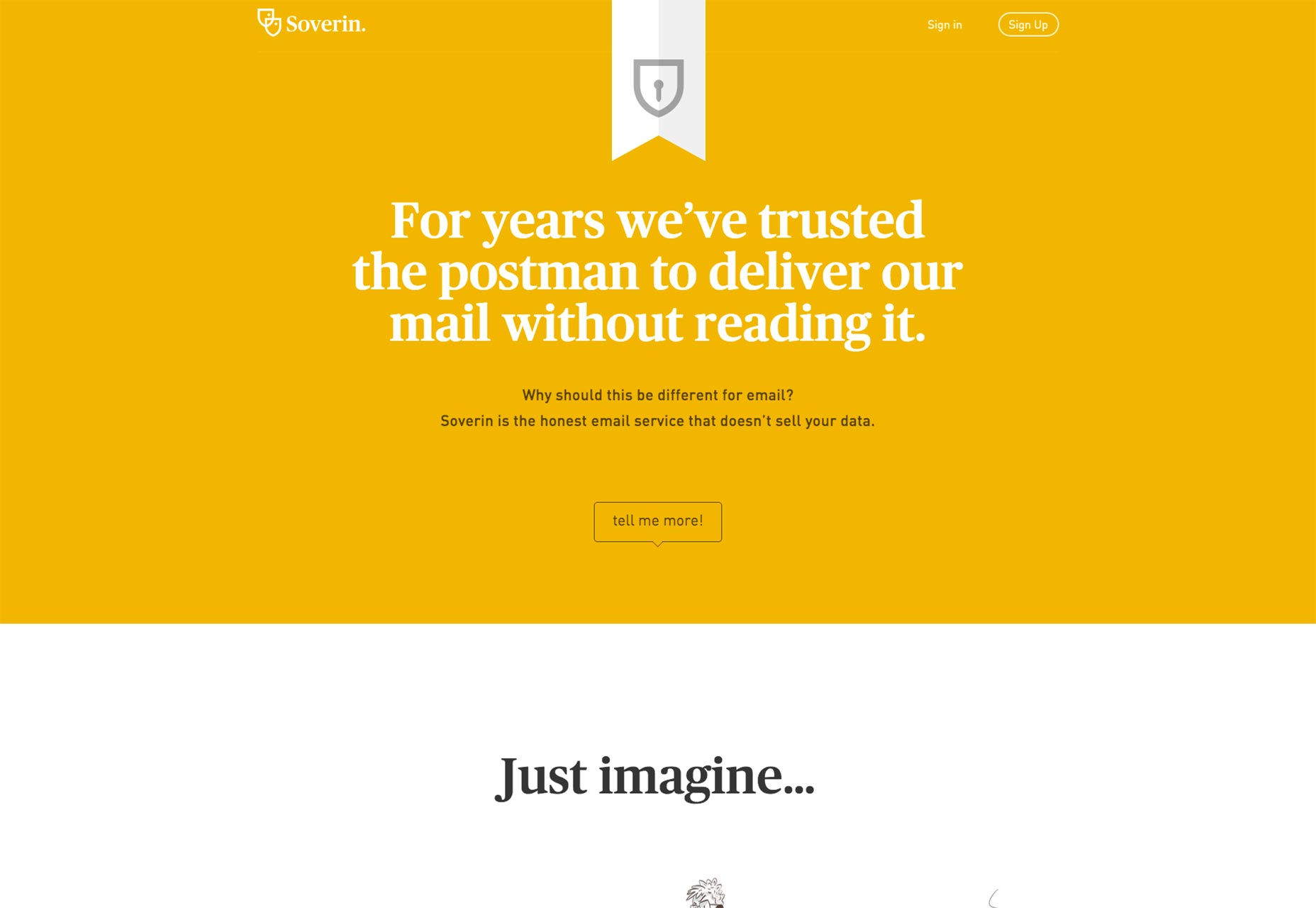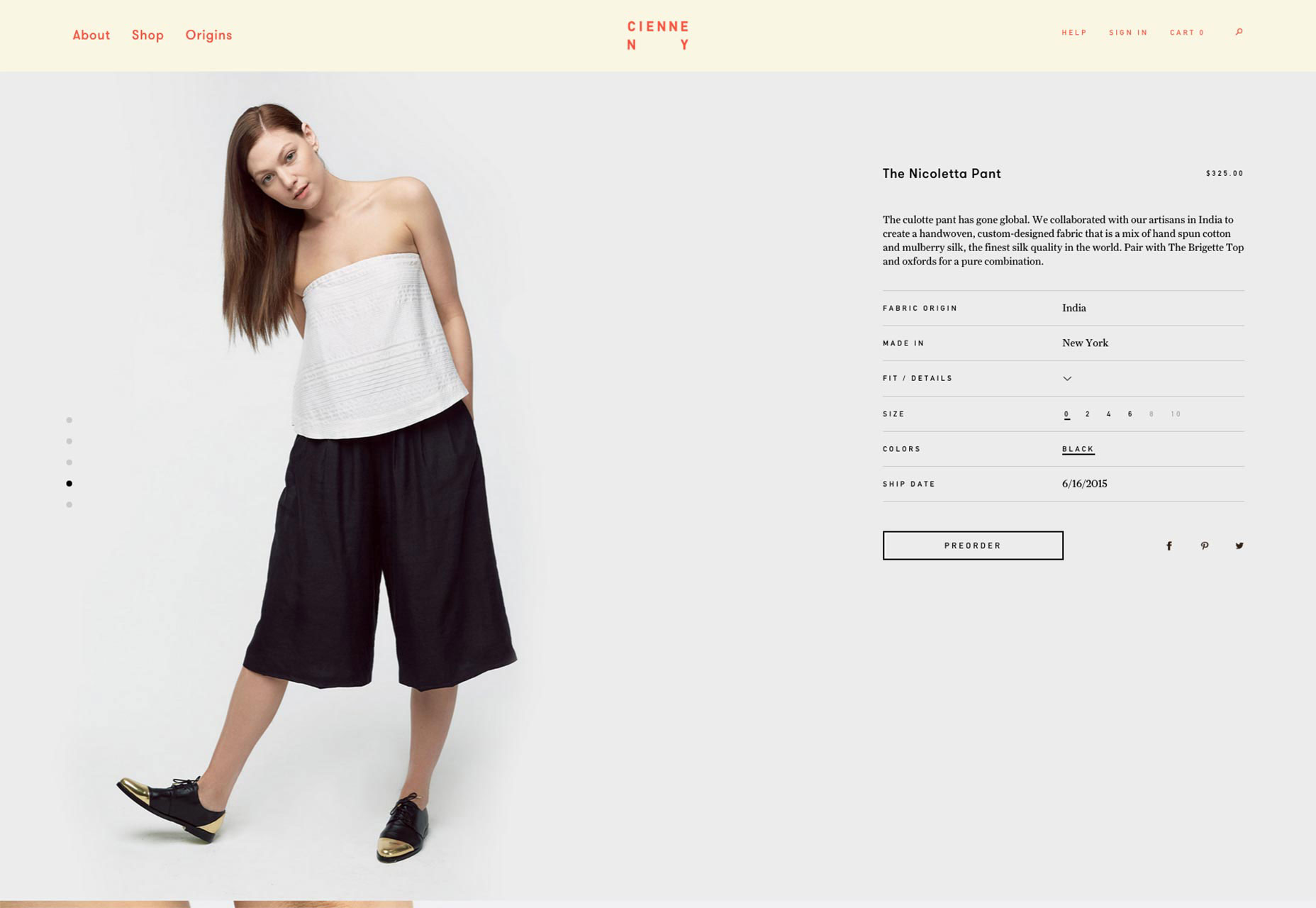
What is user experience?
In its most simplistic form, the user experience is the level of satisfaction that your website provides to every visitor. In this respect, it may refer to the clarity of the layout, the intuitiveness of the site map and navigation, or — importantly for online retailers — the security and ease with which online transactions can be completed. However, go beyond this surface-level definition and the concept of user experience has a far greater significance, with implications that can affect every aspect of your website’s development. In the world of web design, user experience is not simply the passive result of visitor interactions and satisfaction. UX is also the idea that a design agency can consciously affect and influence those interactions and experiences, through careful planning and research.The elements of successful UX design
Theories of user experience are concerned first and foremost with controlling the impact of design on the perceptions and expectations of individual users, so it is virtually impossible to distill a single, all-purpose solution. But, if you were to visit any leading digital design agency, you would find that everyone would be working within the same broad parameters that help to focus the developmental stages of a site launch. We identify these key areas below as: usability, desirability, adoptability, and value.1) Value
Offering value to your visitors is the key to converting clicks into sales, and retaining a loyal customer base. It is the point at which the products you offer and the services your customers require will intersect. Understanding the value of your web presence is a matter of knowing your audience: researching demographics as well as what brings traffic to your page, and where that traffic arrives from, are all useful considerations when defining your value. Finally — and crucially — ensure that the value to the user is the same as your own intended value! Consider a retailer with a wealth of product detail and descriptions on their site, but with a complex and unreliable payment system. Users might begin to use this website as a reference point to research technical specifications, yet they will complete the actual purchase on another, easier-to-use retail site. This is one example of how strong content is only half of the challenge: users will discover their own value for the content of a poorly designed site, and this may not necessarily be beneficial to you. The simplicity of Helbak’s product catalog matches the simple, high-quality designs that they’re known for.
The simplicity of Helbak’s product catalog matches the simple, high-quality designs that they’re known for.
2) Usability
A poorly designed website loses its customers to a more reliable rival. The other side of the coin is a site that is so well structured that it influences the way its users interact and behave. Consider the way that Facebook changed the role of social media with its clear, ordered presentation of user-generated content, and its provision of additional services like private messaging. Rather than creating a profile page-orientated social media platform, the site instead became a one-stop shop for communication, and today many of its users rely on it as their primary method of staying in contact with friends and family. Cosmetics brand Lush focuses customer attention on ethical practices; the use of their products becomes a part of the customer’s world view.
Cosmetics brand Lush focuses customer attention on ethical practices; the use of their products becomes a part of the customer’s world view.
3) Adoptability
A poorly-designed site may damage the desirability and the value of your service; but it is by no means the worst case scenario. A website that simply cannot be accessed by certain browsers, which is badly coded and so languishes way down on search engine rankings, or which contains so much bandwidth-sapping multimedia content that it fails to load is failing to make itself accessible. We can think of this as the element of “adoptability”. Adoptability is the element that discusses the ease with which your content can be accessed by new and returning users. Along with search engine optimization (SEO) and bandwidth issues, an increasingly mobile friendly web means that organisations are realizing that their web presence requires a mobile-compatible layout too. If your user experience is increasingly one of mobile interaction, then a site that is built from the ground up on these principles is a site that encourages the widest potential audience to stay within its pages. Soverin’s mobile-first design translates perfectly to any device, just like their product.
Soverin’s mobile-first design translates perfectly to any device, just like their product.
4) Desirability
Desirability is the magical final ingredient: a philosopher’s stone for web designers, it is impossible to attribute it to any single element of either content or design. A modern, dynamic user interface will keep your web presence looking contemporary and feeling relevant. A secure and credible store front for retail provides confidence in sales. A clear and coherent brand identity lets your reputation and prominence to grow organically amongst your user base. All of these are elements of desirability online. New York fashion brand Cienne NY blends photography, video, clever copy, and an excellent UI to create a site as sophisticated as its products.
New York fashion brand Cienne NY blends photography, video, clever copy, and an excellent UI to create a site as sophisticated as its products.
Conclusion
The elements of user experience seek to apprehend and address the main desires and concerns of your core audience, from the earliest stages of development. A sound grasp of these essential elements will allow even the most ambitious design projects to progress more efficiently, and with a greater sense of focus.Andy Brattle
Andy is a Director of a leading digital design agency Beyond, specialising in user-centerd branding and creative design services. He specialises in UX led, responsive design. Andy’s passionate about the power of digital to influence user behavior. Feel free to connect with him on Twitter.
Read Next
3 Essential Design Trends, November 2024
Touchable texture, distinct grids, and two-column designs are some of the most trending website design elements of…
20 Best New Websites, October 2024
Something we’re seeing more and more of is the ‘customizable’ site. Most often, this means a button to swap between…
Exciting New Tools for Designers, October 2024
We’ve got goodies for designers, developers, SEO-ers, content managers, and those of you who wear multiple hats. And,…
15 Best New Fonts, September 2024
Welcome to our roundup of the best new fonts we’ve found on the web in the previous four weeks. In this month’s edition…
By Simon Sterne
3 Essential Design Trends, October 2024
This article is brought to you by Constantino, a renowned company offering premium and affordable website design
You…
A Beginner’s Guide to Using BlueSky for Business Success
In today’s fast-paced digital world, businesses are always on the lookout for new ways to connect with their audience.…
By Louise North
The Importance of Title Tags: Tips and Tricks to Optimize for SEO
When it comes to on-page SEO, there’s one element that plays a pivotal role in both search engine rankings and user…
By Simon Sterne
20 Best New Websites, September 2024
We have a mixed bag for you with both minimalist and maximalist designs, and single pagers alongside much bigger, but…
Exciting New Tools for Designers, September 2024
This time around we are aiming to simplify life, with some light and fast analytics, an all-in-one productivity…
3 Essential Design Trends, September 2024
September's web design trends have a fun, fall feeling ... and we love it. See what's trending in website design this…
Crafting Personalized Experiences with AI
Picture this: You open Netflix, and it’s like the platform just knows what you’re in the mood for. Or maybe you’re…
By Simon Sterne
15 Best New Fonts, August 2024
Welcome to August’s roundup of the best fonts we’ve found over the last few weeks. 2024’s trend for flowing curves and…
By Ben Moss















